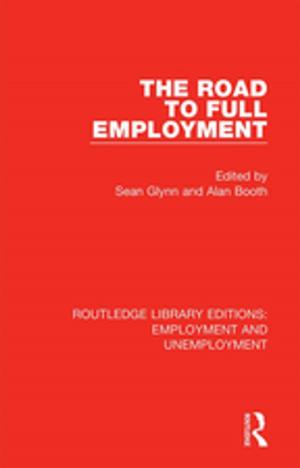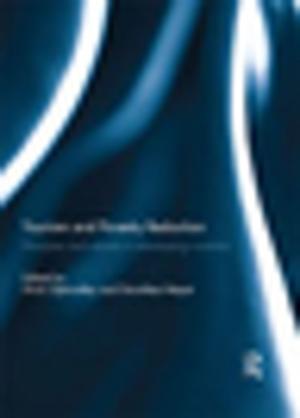The War for Syria
Regional and International Dimensions of the Syrian Uprising
Nonfiction, Social & Cultural Studies, Political Science, International, International Relations, Social Science| Author: | ISBN: | 9780429514067 | |
| Publisher: | Taylor and Francis | Publication: | July 9, 2019 |
| Imprint: | Routledge | Language: | English |
| Author: | |
| ISBN: | 9780429514067 |
| Publisher: | Taylor and Francis |
| Publication: | July 9, 2019 |
| Imprint: | Routledge |
| Language: | English |
Examining the international dimensions of the Syrian conflict, this book studies external factors relating to the Uprising. It explores the involvement of outside powers and the events’ impact both on regional and international level.
Syria was widely perceived to be essential to the regional power balance, hence it was a valued prize to be fought over. The book examines the impact of global and regional powers in propelling the conflict in Syria; looks at the motives and strategies of the key regional and international actors (Hizbollah, Palestinians, Iran, Qatar, Saudi Arabia, US, Russia, EU); and analyses the impact of the Syrian conflict on key relations between regional states (Turkey-Syria, Turkey-Iran, Iraq-Syria). Finally, several chapters treat the impact on Syria of international sanctions and the "Responsibility to Protect" doctrine. This book follows on to The Syrian Uprising: Domestic Origins and Early Trajectory, edited by Raymond Hinnebusch and Omar Imady (2018). Subsequent volumes will examine the later evolution of the conflict.
Taking an innovative and interdisciplinary approach that seeks to capture the full complexity of the phenomenon, this book contributes significantly to our understanding of the Syrian conflict and will therefore be a valuable resource for anyone studying Middle Eastern Politics.
Examining the international dimensions of the Syrian conflict, this book studies external factors relating to the Uprising. It explores the involvement of outside powers and the events’ impact both on regional and international level.
Syria was widely perceived to be essential to the regional power balance, hence it was a valued prize to be fought over. The book examines the impact of global and regional powers in propelling the conflict in Syria; looks at the motives and strategies of the key regional and international actors (Hizbollah, Palestinians, Iran, Qatar, Saudi Arabia, US, Russia, EU); and analyses the impact of the Syrian conflict on key relations between regional states (Turkey-Syria, Turkey-Iran, Iraq-Syria). Finally, several chapters treat the impact on Syria of international sanctions and the "Responsibility to Protect" doctrine. This book follows on to The Syrian Uprising: Domestic Origins and Early Trajectory, edited by Raymond Hinnebusch and Omar Imady (2018). Subsequent volumes will examine the later evolution of the conflict.
Taking an innovative and interdisciplinary approach that seeks to capture the full complexity of the phenomenon, this book contributes significantly to our understanding of the Syrian conflict and will therefore be a valuable resource for anyone studying Middle Eastern Politics.















